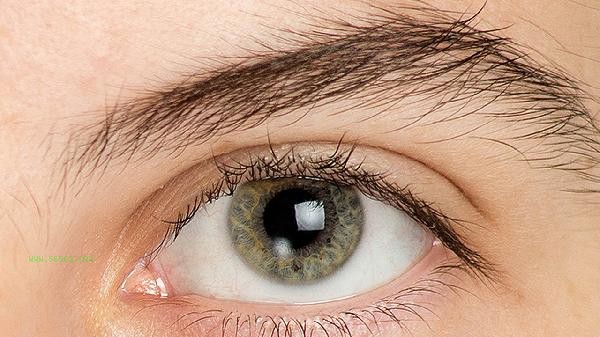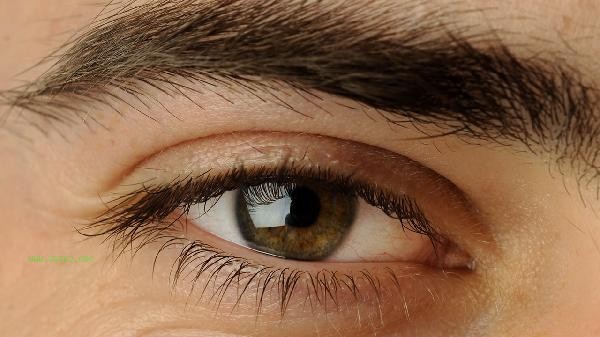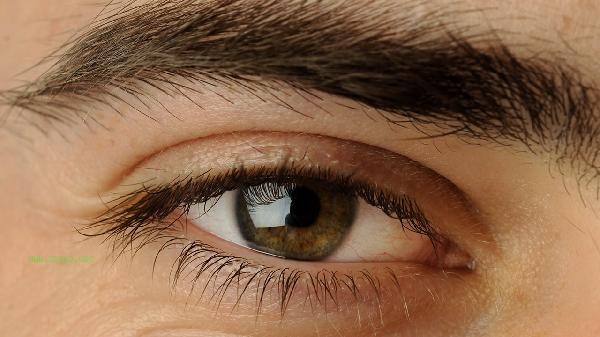Healthy adults can eat 1-2 eggs per day, while patients with hypercholesterolemia or cardiovascular disease should limit themselves to 1 egg per day. Eggs contain various nutrients such as high-quality protein, lecithin, vitamin A, vitamin D, and B vitamins. The cholesterol content in the yolk is about 200 milligrams. Eggs, as a complete source of protein, have a bioavailability of up to 94% and can effectively meet the human body's demand for essential amino acids. Each egg contains about 6 grams of protein, and moderate consumption can help with muscle synthesis and cell repair. The choline component in egg yolk plays an important role in brain nerve conduction and liver metabolism, while lutein and zeaxanthin can protect visual health. The cooking method of boiling or steaming eggs can maximize the retention of nutrients and avoid excessive intake of oil caused by high-temperature frying.

People with family history of high cholesterol or confirmed atherosclerosis need to strictly control dietary cholesterol intake. This group of people should consume eggs in combination with vegetables and fruits rich in dietary fiber, such as broccoli and oats, to help with cholesterol metabolism. Patients with renal insufficiency need to adjust their egg intake under the guidance of a doctor to avoid excessive protein that can burden the kidneys. People who are allergic to eggs may experience skin itching or digestive symptoms, and should immediately stop consuming and seek medical treatment.

It is recommended to pair eggs with whole grains and dark vegetables to avoid consuming high-fat foods such as bacon. Eating eggs within 30 minutes after exercise can promote protein absorption, and elderly people can choose soft textured egg custard for easier digestion. Daily diet should be diversified and not rely solely on eggs to supplement nutrition. Dairy products, soy products, fish and other foods should also be consumed in a balanced manner. If you need to consume a large amount of eggs for a long time, it is recommended to regularly test your blood lipids and kidney function indicators.










Comments (0)
Leave a Comment
No comments yet
Be the first to share your thoughts!